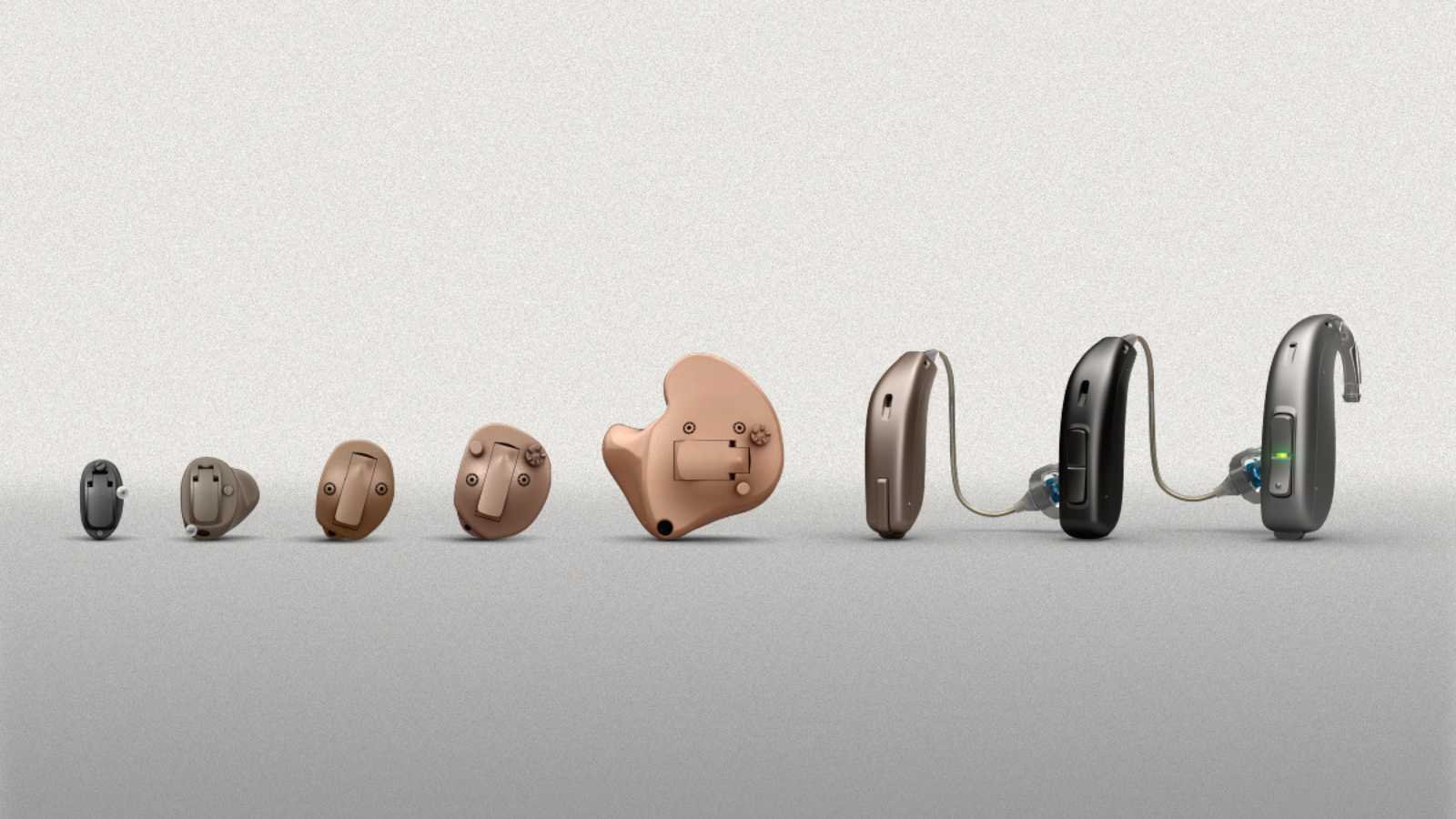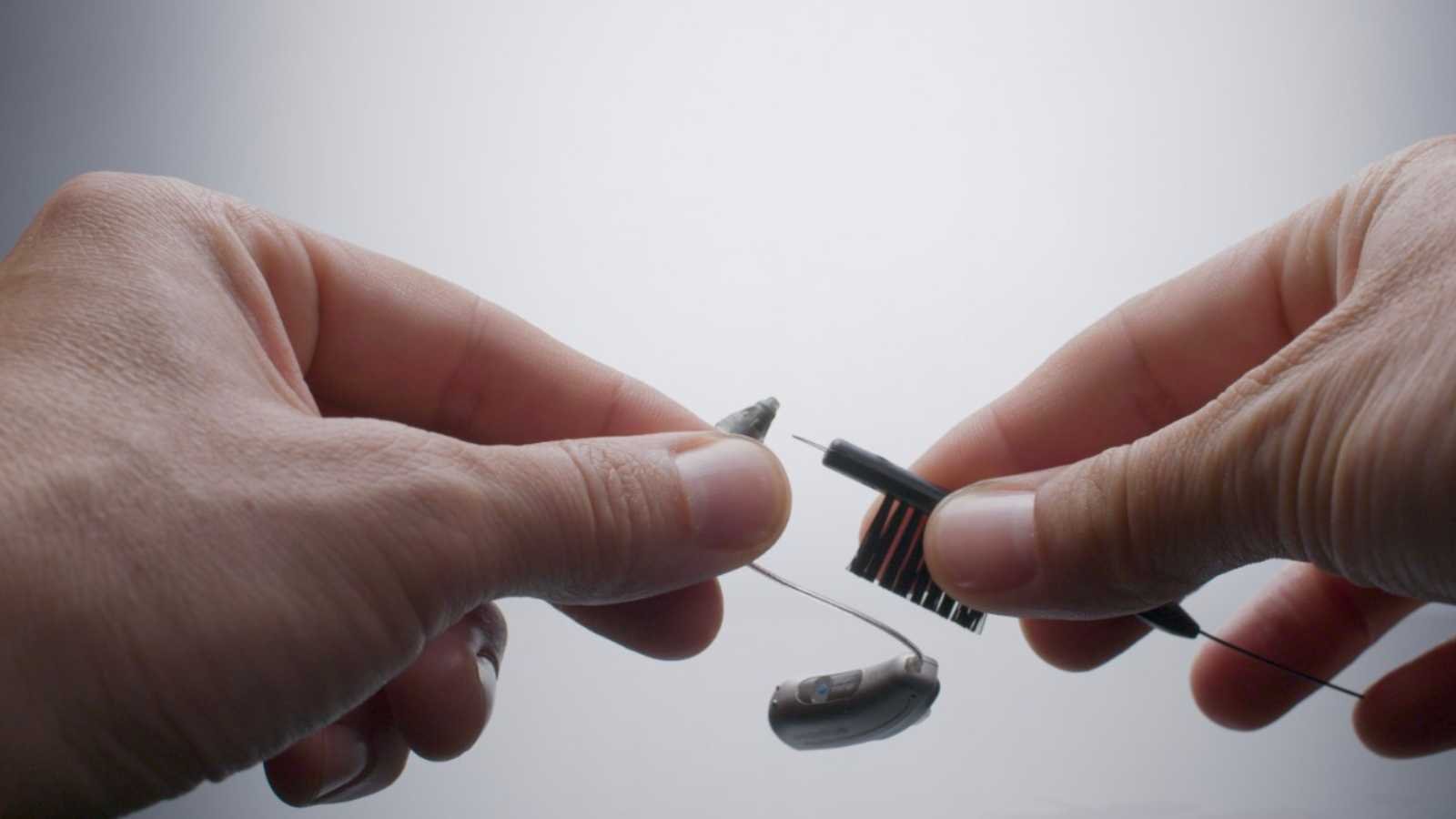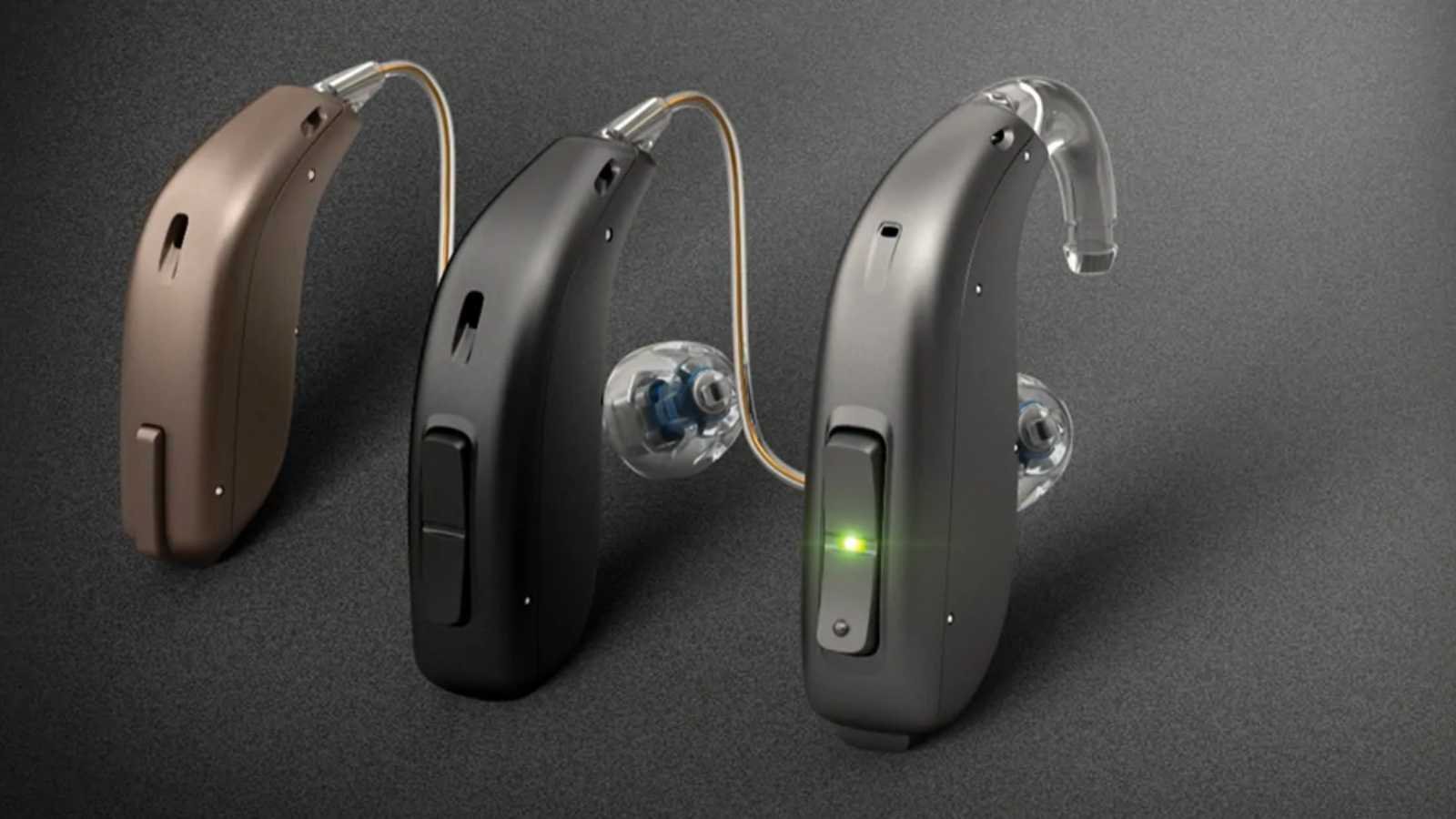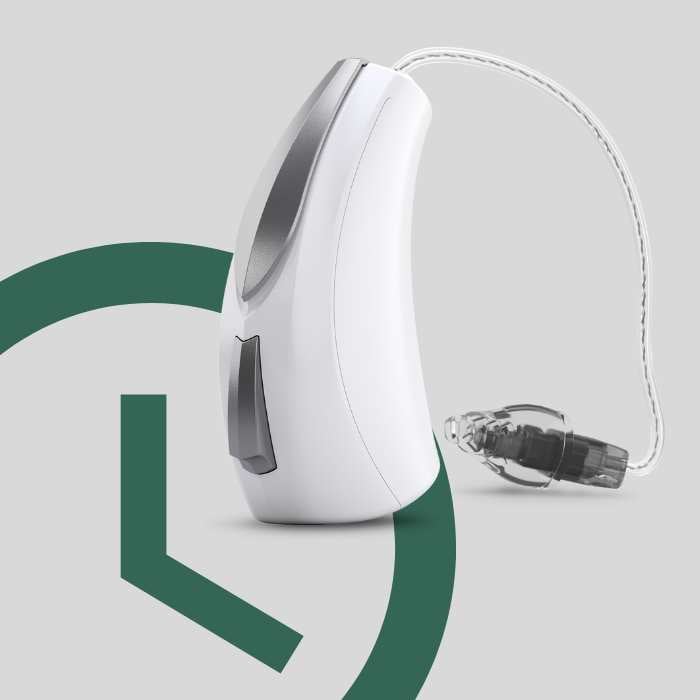Key Takeaways:
- Hearing aid warranty coverage typically lasts 3-4 years, but with proper care, some patients continue to do well with their hearing aids beyond the warranty.
- Good care and cleaning habits are key to getting the most longevity out of your existing hearing technology.
- If your hearing aid is currently out of warranty and in need of repair, it is worth weighing the cost of the repair versus a new set of hearing aids.

As an experienced audiologist, I know that the thought of keeping up with the latest hearing aid technology can seem daunting. Yes, every year new models with advanced features hit the market. However, let me reassure you – if your current hearing aids are working well, there may be no urgent need to change them.
It's not about having the newest gadget; it's about what works best for you. Hearing aids are robust, often serving their wearers reliably for years, even beyond their warranty. The decision to switch to a newer technology should be guided by your evolving hearing needs, changes in your lifestyle, and advancements in technology that can bring added benefits.
How long do hearing aids last?
Professional-grade hearing aids last an average of 3-7 years.
Most leading hearing aids come with a 3-year warranty and often outlast that timeframe.
Wearers often upgrade before their hearing aids stop working to access new technology releases.
If you are a person that likes to have the latest technology or would like to stay under warranty, you'll probably want to plan for upgrades every three years. Most wearers keep an older pair as backup.
Does hearing aid style make a difference in longevity?

For most people, hearing aid style doesn't have a significant impact on longevity. With the proper care and cleaning, hearing aids that sit behind the ear vs. in the ear offer similar lifespans.
The one exception to this rule is for invisible (IIC) hearing aids. Tiny IIC devices may be prone to breakdown from earwax or moisture if you produce a lot of earwax.
What can you do to prolong the life of your hearing aid?

Proper care and maintenance are crucial to ensuring your hearing aids last as long as possible. Here are some tips to consider:
- Change wax guards regularly
- Avoid moisture - don't store your hearing aids in the bathroom
- Use a hearing aid dryer if you live in a humid climate
- Don't wear your hearing aids when using hairspray or styling products
- Avoid storing your hearing aid near heat sources such as heaters or wearing them when drying your hair with a hair dryer.
- Brush your microphone ports gently after being in a dusty environment
Keeping these points in mind will ensure that your hearing aids continue working well for years.
Read more about maintenance and hearing aid troubleshooting here.
Choose Quality

If you're looking for a new set of hearing aids, it pays to invest in quality products. Choosing reliable devices with warranties and service perks could save you money in the long run.
Also, select devices specifically designed for your lifestyle needs—for example, if you spend a lot of time outdoors or doing sports, consider a more durable hearing aid designed to stand up to more adverse conditions. For example, the Phonak Lumity Life hearing aid is designed for those who spend time in and around water.
The six largest manufacturers (Phonak, ReSound, Widex, Oticon, Signia, and Starkey) are known for quality products in the hearing aid space.
Selecting a hearing aid from one of these manufacturers ensures that you have high-quality hearing aid under a manufacturer warranty.
Less expensive OTC brands like Lexie, Eargo, and Sony offer shorter warranties and typically have less long-term durability.
Tune-ups

Regular tune-ups are another great way to extend the life of your hearing aids. An audiologist will assess your device's program settings during these tune-ups and repair or replace hearing aid parts if needed.
Depending on your lifestyle or specific circumstances, they may also give you additional tips to consider in your care and maintenance routine. If you notice any changes in sound quality or other issues—it may be time for a tune-up.
Tune-ups vary depending on each individual's needs but typically occur every 6-12 months, depending on usage levels and other factors.
How to decide if it's time for an upgrade
Your decision to upgrade can vary, depending on your needs. As an analogy, Apple comes out with new iPhones every year, but that doesn't make your current one obsolete.
New features in a hearing aid may be worth upgrading before your hearing aid has reached the end of its lifespan. When hearing aids started incorporating Bluetooth technology, many peopled upgraded earlier than they may have otherwise.
Generally speaking, you can continue to wear your hearing aid for as long as it provides appropriate benefits and functions appropriately.
When you do decide to upgrade, it's worth choosing a hearing aid that was released in the last year to get the latest technology.
Most leading brands release new hearing aids every two years.
What happens when my warranty is up?
Most hearing aid warranties last at least three years. While a hearing aid is under warranty, the pieces and parts of the hearing aid are covered and will be replaced at no cost.
A loss and damage policy will also cover a one-time replacement for a co-pay. However, once the warranty expires, you'll be responsible for paying for repairs out of pocket.
Therefore, it's important to check in with your hearing aid clinic before the end of your warranty so any repairs can be addressed before the end of the warranty.
You might also extend your warranty coverage is ESCO insurance. ESCO insurance takes over after your original hearing aid warranty has expired.
How much does it cost to repair a hearing aid without a warranty?
Hearing aid repairs vary by situation and care provider. If you are not under warranty and do not have ESCO insurance, you'll need to pay out of pocket for repairs.
Typically you might expect to spend $300 per ear on a microphone or battery replacement and up to $600 per ear for a cracked hearing aid body.
Final Thoughts
No matter what type of hearing aid you have or how old it is, there are plenty of ways to extend its life span by properly caring for it and scheduling regular tune-ups.
By taking proper care of your devices and choosing a high-quality product that fits your lifestyle needs, you can get years out of each pair!
Even when you decide to upgrade, thoughtfully maintained hearing aids can eventually become a great backup.






